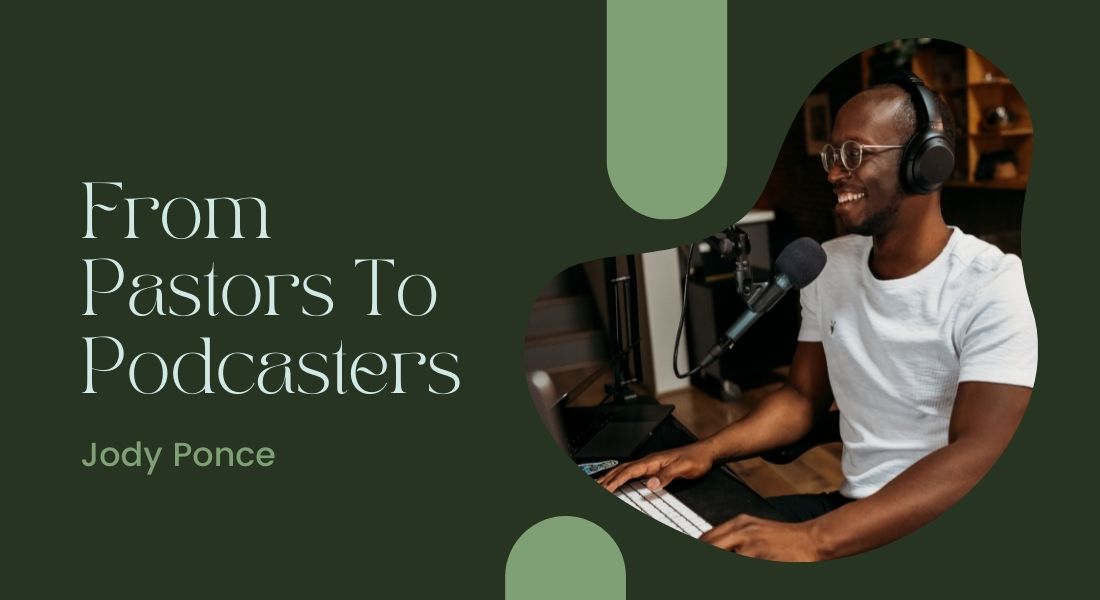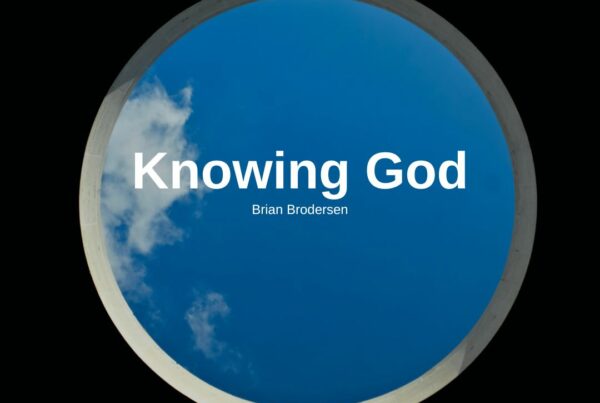
Right now it seems as though the Church is changing in many dramatic ways, and it can feel a bit scary. The thing is, the Church has always been changing. Regardless of the tradition you come from, it has changed. Historically, we can see that the Church reconsiders doctrines, and it reflects and reforms. Martin Luther — the great reformer — knew this. The Reformation was a mammoth shift in the way the Western Church looked: It was a shaking, a sifting and ultimately, a renewal.
There is much discourse in the contemporary Church about the “falling away” of young people from Christian belief. A Barna Group survey from 2019 shows that 64% of young people stop attending church between the ages of 18-24. The pandemic has also left a lasting mark on church attendance.
But perhaps the most relevant and influential shift that I see taking place in the contemporary Church is the shift of power dynamics away from the traditional senior pastor into a diffusion of influential voices across the digital space, from blogs to YouTube channels to podcasts. These days, some of the most influential voices in the Church are not pastors, and never will be pastors. Instead, many of them are podcasters.
What does it mean for the global Christian Church when many of its most influential voices do not have any particular church affiliation?
If you google the top 50 most popular Christian podcasts, you will find most of them are not associated with a church or run by a pastor. They are run by “Christian journalists, researchers, scholars, apologists, influencers and artists,” to name but a few.
Why are people choosing to listen to these podcasts? Why are they so popular among young Christians?
I believe these are questions the Church should be asking. It may be that many pastors already recognize that the seat of power and influence is moving to the digital space because large numbers of them are moving there too.
From Pastors to Podcasters
On December 24, 2021, the Washington Post published an article entitled “The first Christmas as a layperson: Burned out by the pandemic, many clergy quit in the past year.” On February 21, 2022, the Wall Street Journal ran an article entitled “Houses of Worship Face Clergy Shortage as Many Resign During Pandemic.” Even the secular outlets are noticing the changes.
The Wall Street Journal article reports that the pastors they interviewed repeatedly admitted that “the job of being a pastor, while always demanding, has become almost impossible during the pandemic: Relationships with and among parishioners have frayed, and political divisions have deepened, fueled by fights over Covid-19 protocols.” A Barna Group survey of Protestant pastors published in November 2021 found that 38 percent of Protestant senior pastors surveyed have considered leaving the ministry over the past year. Among pastors under age 45, that number rose to 46 percent.
I can think of quite a number of pastors who have stepped down in recent times. I am sure you can too. Many of them are starting non-profit organizations or different discipleship ministries outside the context of the local church. And, of course, many of them are starting podcasts.
These changes are in large part due to the pandemic we have just been through, which rapidly and dramatically shifted the “way” we do church. All over the globe, Sunday morning services transferred to the digital space. I ended up watching many different sermons, in addition to my own local church, as YouTube suggested videos to me. In many ways, it was wonderful to engage with other Christian voices and perspectives. It was also formational for my faith in unexpected ways, as I am sure it was for you too.
The point is, we are not the same. The Church is not the same. We have been through a dramatic season of change. And we need more than ever to meet God in the present, to find Him in what might seem like unfamiliar or confusing settings.
The secular journalist Ian Lovett (writer of the above-mentioned Wall Street Journal article) states that “The labour shortage within the clergy, which parallels shortages in other industries, is reshaping worship in some parts of the country as more congregations search for ways to operate without a pastor. Lay people are filling more roles and congregations are sharing leaders.”
How is the Church reshaping? Where is God taking us?
I would suggest that God is taking us to the MISSION FIELD. What do I mean by this? I do not mean that you need to get on a plane. No. This new season of dramatic change is our mission field.
In the past decade, we have watched the trickle in the decline of church membership turn to a geyser. Young people doubt their faith en masse. There is persecution and war. Dogmatism and confusion are epidemics because of the proliferation of digital echo chambers. Politics is king, and confusion abounds.
This is our mission field. This is the space that needs God’s truth spoken in love. It is the place that needs the light of the gospel, now more than ever.
A missionary must learn the place in which they are called to, i.e., the language, the culture, the people. But now, in 2022, we need to learn how to navigate the changed face of our culture so we can effectively reach it.
How do things work on the mission field?
First, I would say that everyone is used on the mission field. Hierarchies break down if you are ministering in the jungle, so anyone willing to serve is given a chance. The Church cannot afford to strain out a gnat when the world is in such desperate need. I would suggest that our hierarchies are already being undermined by all the podcasts our congregants are listening to anyway.
Paul, our great example in missions, was willing to use all kinds of people. He was innovative and flexible rather than rigid and legalistic. He had Timothy circumcised when he felt it would help the mission (Romans 3). He worked in a secular job outside of ministry (Acts 18). He spoke to secular politicians (Acts 26). He advocated for enslaved people to be freed and then used them in the ministry (Philemon). He willingly used women in extraordinary ways (Romans 16 and elsewhere). It was these early God-directed, flexible choices Paul made that enabled the successful spread of the early Church.
The Church in 2022 is still vitally important in the world.
How can we be a connected and useful body if we are just dispersed across the digital space?
In the digital space, we can choose not to be challenged by choosing to listen only to voices we fully agree with or affirm us completely. Yet, sometimes we need to be challenged. The body of Christ is bone, muscle, and sinew that are closely connected and work together for God’s Kingdom (1 Corinthians 12).
If the real live Church is to continue toward renewal, we must be willing to have a missionary mentality because 2022 is our mission field.
So let us throw open our doors, roll up our sleeves, and decide to work together. We need everyone in this mission. We need all the outlets at our disposal. We need NGOs, podcasts, cathedrals, and school gymnasiums. The Church is made up of women and men, those with disabilities along with the able bodied, all colours, nationalities, genders, and races. We are the body of Christ, together reaching out to this contemporary mission field.
In 2022, we need everyone. The harvest is ripe, but the labourers are few. But God is in control. He will bring renewal from this turmoil, but it will not be a return to something: It will be a new work.
And all of us are needed on the field to work together for God’s Kingdom.
Bibliography:
Boorstein, Michelle. “The first Christmas as a layperson: Burned out by the pandemic, many clergy quit in the past year.” Washington Post. December 24, 2021. https://www.washingtonpost.com/religion/2021/12/24/christmas-covid-pandemic-clergy-quit/
Lovett, Ian. “Houses of Worship Face Clergy Shortage as Many Resign During Pandemic.” Wall Street Journal. February 21, 2022.
https://www.wsj.com/articles/houses-of-worship-face-clergy-shortage-as-many-resign-during-pandemic-11645452000










